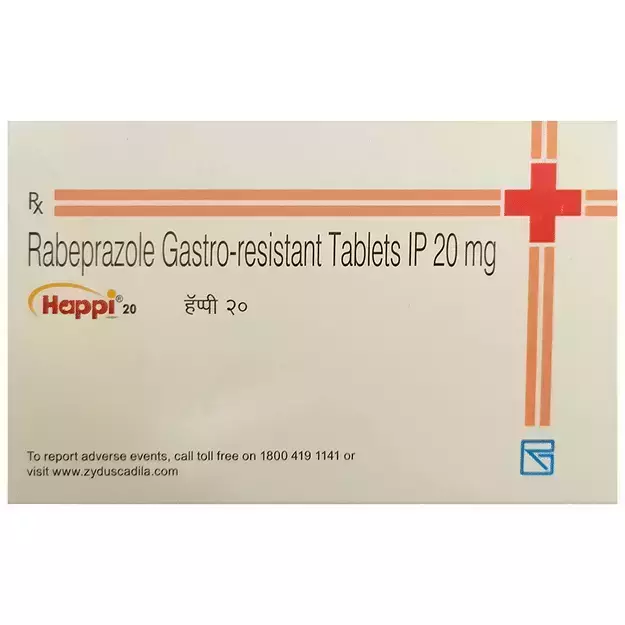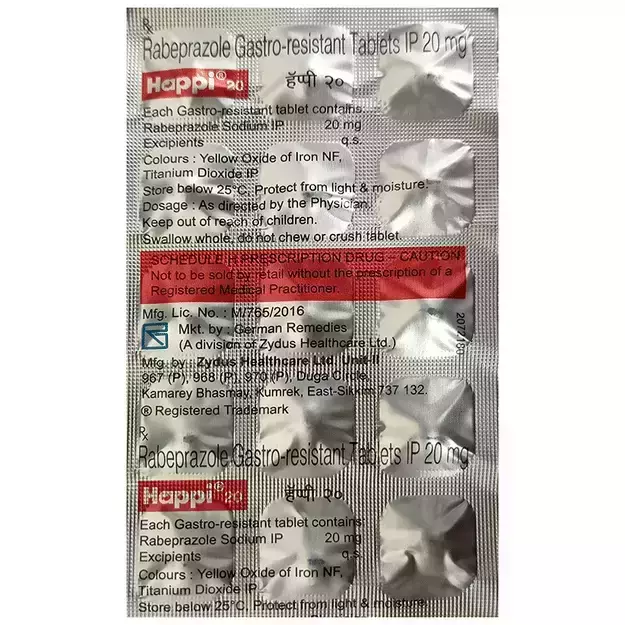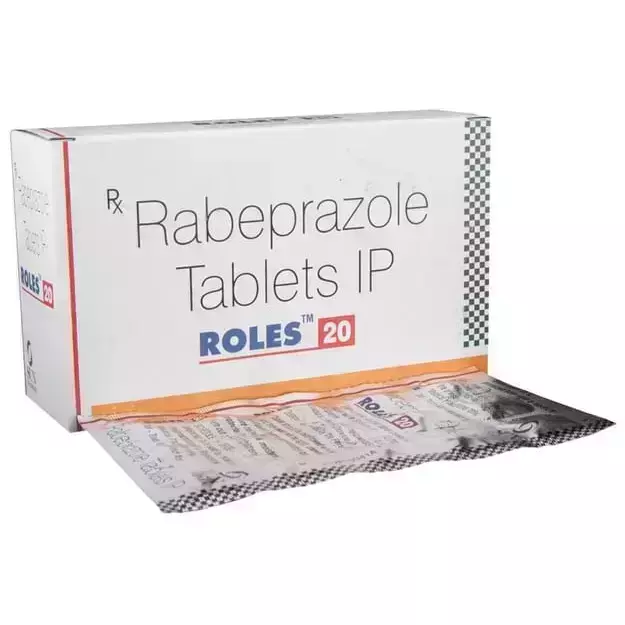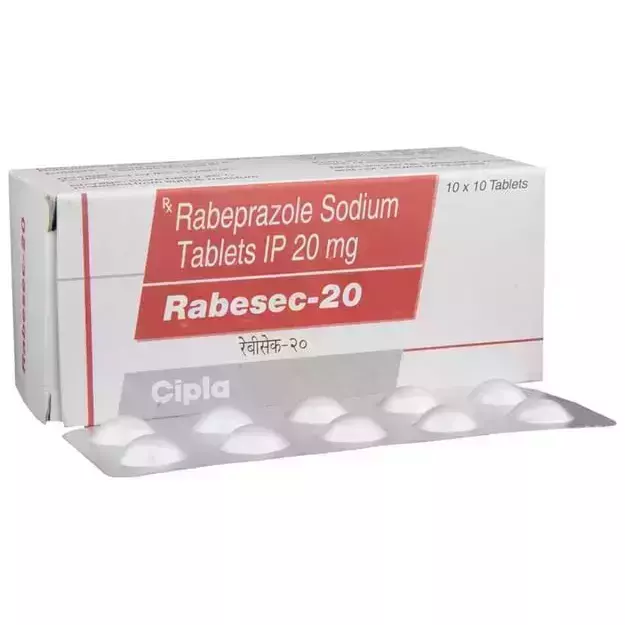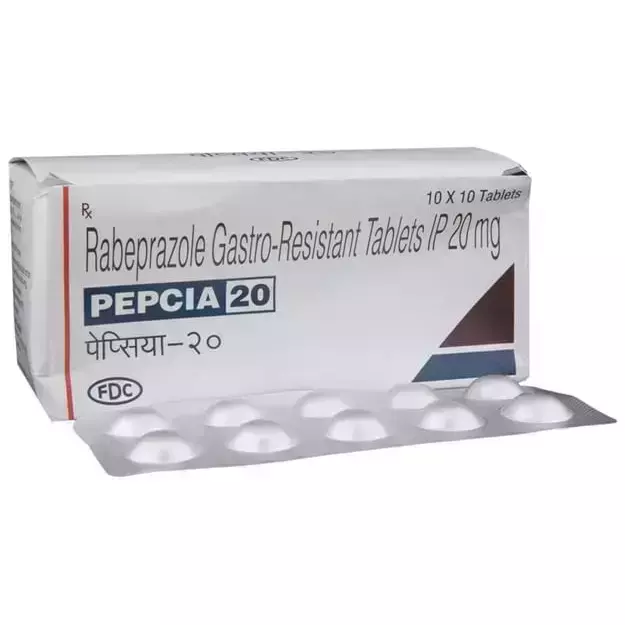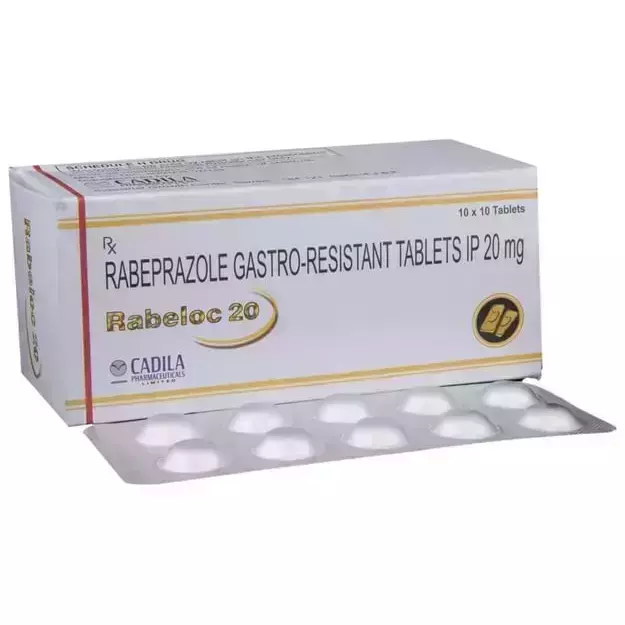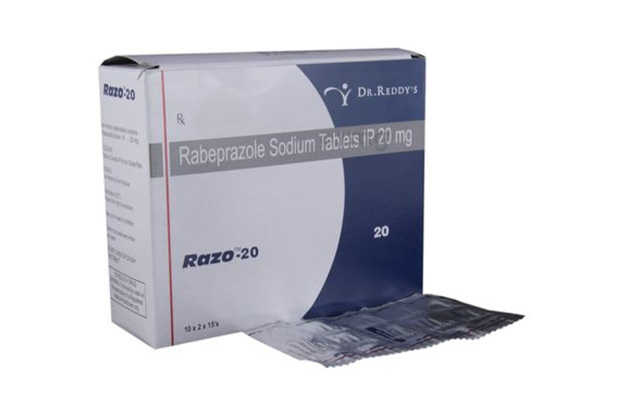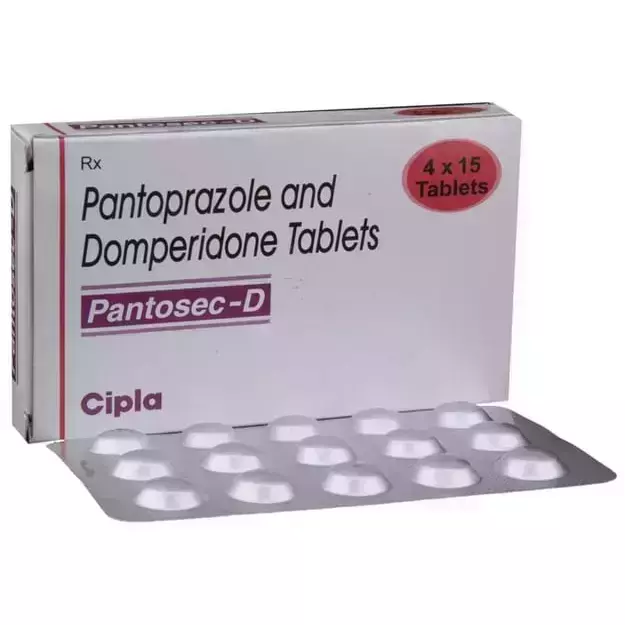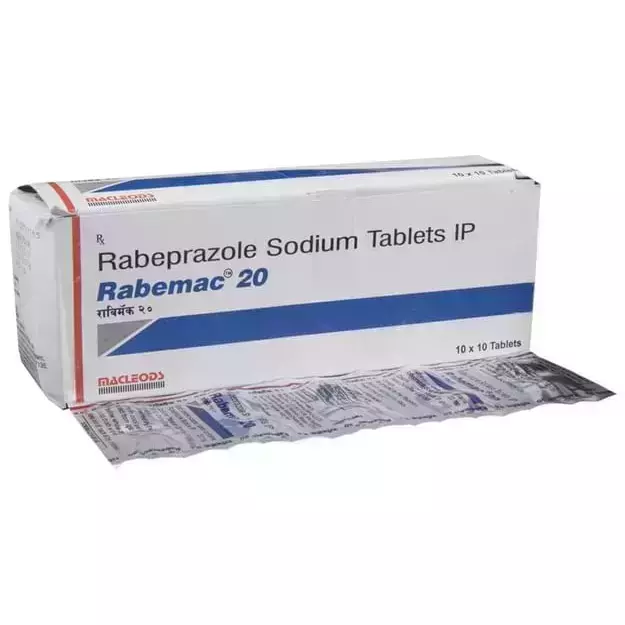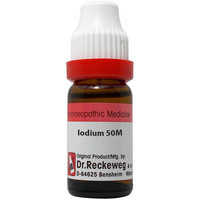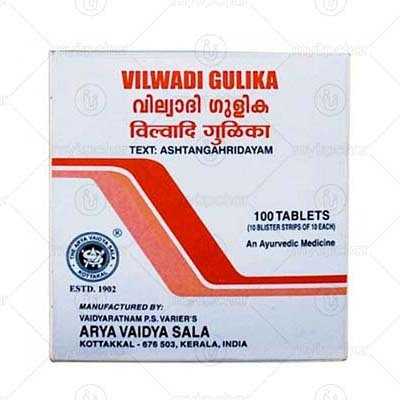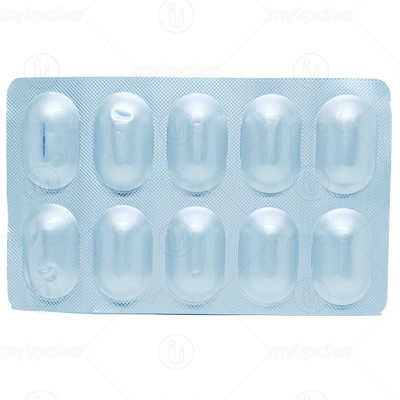Happi is a prescription medicine that is available as a Tablet, Syrup, Injection. Primarily, it is used for the treatment of Acidity. Secondary and off-label uses of Happi have also been mentioned below.
Medical history of the patient along with age and gender determines the dosage of Happi. The condition it has been prescribed for, and the route of administration also determine the right dosage. Detailed information has been provided in the dosage section.
The side effects typically associated with Happi include Diarrhoea. Besides the aforementioned side effects, there are other adverse effects of Happi as well, which are listed below. Usually, these side effects of Happi go away soon, and do not persist beyond the duration of the treatment. Please speak with your doctor if these side effects worsen or persist for a longer duration.
It is also important to note that Happi has a Safe effect for pregnant women and Moderate effect on lactating mothers. It is important to know if Happi has any effect on the kidney, liver and heart. Information on such adverse effects, if any, has been given in the Happi related warnings section.
Happi is contraindicated in people with pre-existing medical conditions like Diarrhea (Loose Motions) as it can result in adverse effects. Some other conditions that can be affected by Happi are listed in the contraindications section below.
Additionally, Happi may also adversely react with other medicines. A complete list of these interactions is given below.
In addition to these precautions, you may also note that Happi is not safe while driving, and is is not addictive in nature.
X

